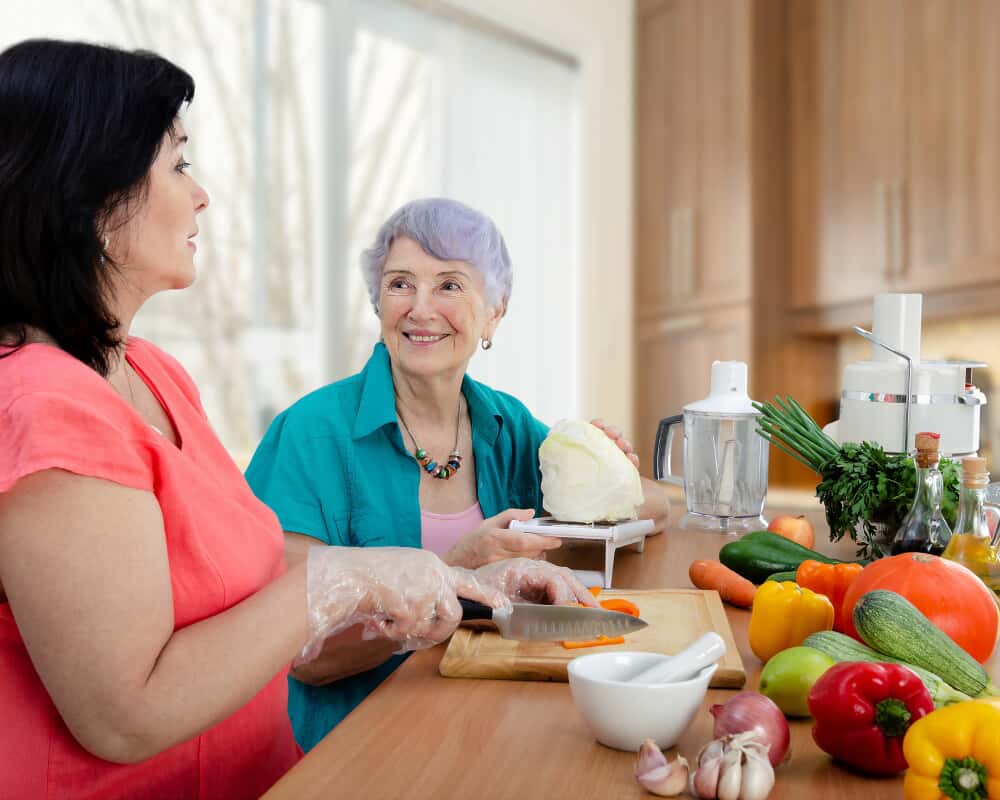Having diabetes can be extremely difficult, especially for an elderly person. Many senior citizens get bored in retirement. When they are bored or stressed, they may start eating out of their emotions. When they do that, they may choose unhealthy foods that trigger a diabetes/insulin issue.
If your elderly loved one has diabetes, it is crucial that you are able to help them manage it to the best of your ability. Hopefully, the tips that are noted below can help them to do that from this point forward. If needed, you can even have home care assistance providers help implement these tips, too.
Talk and Support
There are two main things that you can do, as a family caregiver, to help your elderly loved one manage diabetes. You can talk to them about their diagnosis and what they need to be doing. For example, if you or a home care provider had taken your elderly loved one to the doctor and your loved one doesn’t understand what was recommended, you can discuss this with them. The next thing you can do is to support them. Don’t just make it all sound easy. You know there are going to be tough times for your elderly loved one, especially when it comes to having to give up treats they like. If that is the case, help them find healthier alternatives.
Better Meal Planning
How does your elderly loved one usually eat? If they don’t generally pick out the healthiest foods or maybe they aren’t eating often enough to manage their insulin levels, it may be a good idea to have someone else do the meal planning for a while. You could even hire home care assistance providers to do this for your elderly loved one. You can talk to these providers and let them know what types of foods your elderly loved one must avoid and what they need to eat more of. That way, when they are planning out or preparing your elderly loved one’s meals, they are doing so properly.
Get In the Exercise
People who have diabetes do need to manage their weight in order to keep the condition under control better. To help your elderly loved one do this, you should encourage them to exercise regularly. The best exercises when it comes to diabetes management are flexibility, strength, and cardio. If your elderly loved one can combine these exercises into a program, it can help with weight management. It can also help them with living a more sedentary lifestyle which is beneficial for those who have diabetes.
Does your elderly loved one have diabetes? If so, hopefully, the tips that were noted above can help to manage the condition. It is also vital that your elderly loved one is seeing their doctor regularly to ensure the diabetes is managed well enough. You or a home care assistance provider can take them to those appointments.
Sources
https://www.ncbi.nlm.nih.gov/pmc/articles/PMC6092888/

